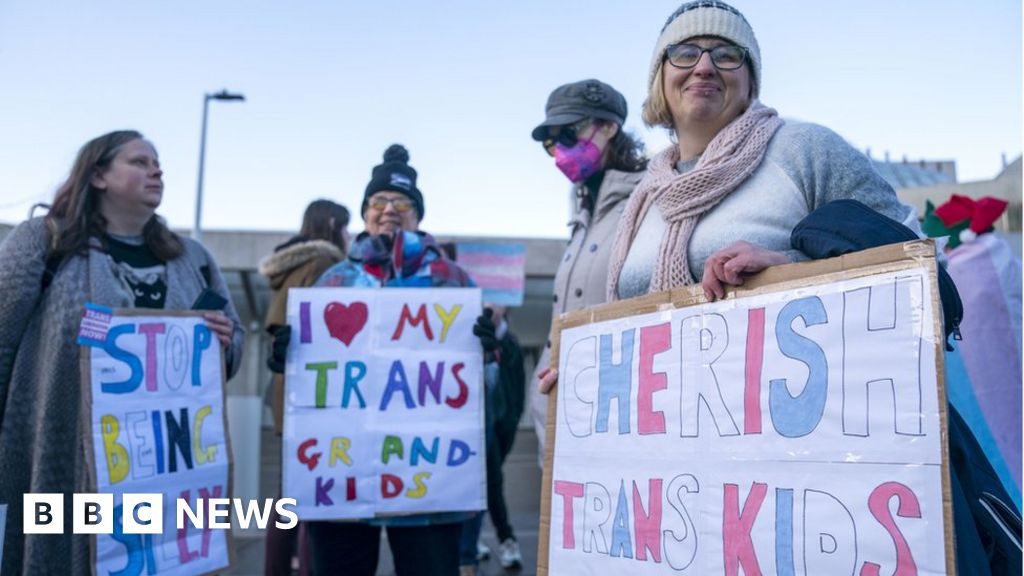The new rules will lower the minimum age that people can apply for a Gender Recognition Certificate (GRC) from 18 to 16.
They will also remove the requirement for a medical diagnosis of gender dysphoria.
And anyone applying for a GRC will now only need to have lived in their acquired gender for three months - or six months if they are aged 16 and 17 - rather than two years.
For context, a Gender Recognition Certificate allows you to do the following:
- Update your birth or adoption certificate, if it was registered in the UK
- Get married or form a civil partnership in your affirmed gender
- Update your marriage or civil partnership certificate, if it was registered in the UK
- Have your affirmed gender on your death certificate when you die


This legislation for Scotland helps people bypass the deliberate chokepoint of years-long waiting lists for entry into trans-healthcare in the UK by not requiring an official diagnosis of gender dysphoria to access services. It simply results in far faster, far cheaper, far more efficient, far more effective healthcare. It's possible that England will try to react strongly against the Scottish system, only to adopt it in a few years anyway because of the cost and staff saving benefits in a purely pragmatic sense.
Headcannon the terfs cause the revision of the acts of union
Can trans people outside Scotland get a GRC from there? Or does this only benefit Scottish people?
Scottish law applies to Scottish 'citizens', the definition of which has always been wonky. But basically means 'any UK citizen with an address here'. With a pal, you could claim to have a Scottish address, get a GRC from Scottish gov, then immediately 'move' back.